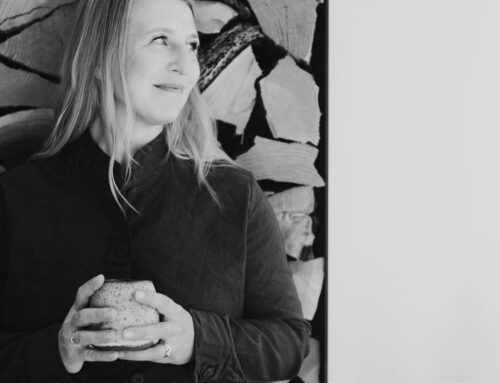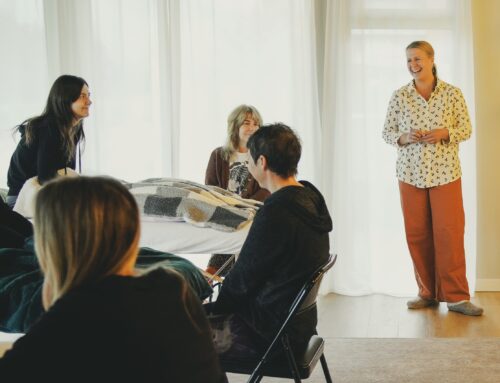I’m sure you too have that friend that always knows best on how you should lead your life, knows the newest diet, the best way to hydrate or exercise or meditate.
And guess what, at a point in my life I was that person too. But that is the beauty of gaining more perspective with self-reflection that allows us to change.
Back in those days, I thought it was an act of love to inform friends or family of my so-called progress, but in reality, I was casting a judgement on them. For me, it meant sidestepping away from healing my own psychological wounds or facing unresolved emotional issues.
Out of the 7.7 Billion people on this planet, not one person has the exact same human experience as you do. It might be similar at first glance, but on closer examination, the differences are clearly there.
How does this translate into what I do?
There are endless factors that make you unique: some are obvious, others we are unaware of.
Here is an example of something you might not be aware of (viewed with an osteopathic lens):
As the result of a car accident when you were a child, one of your organs might be ‘sluggish’. The organ is not in a pathological condition– meaning, it is not diseased nor a medical problem.
Let me explain:
The physical impact resulted in the organ (that is usually equally suspended by ligaments) to be pushed off center – possibly creating a chain reaction of other organs not returning to their place of origin. Now, we are not talking big distances, but as you can imagine in a very refined and complex system, a couple of millimeters will suffice to create changes. The impact might have created some inflammation resulting in adhesions (sticky stuff) on top of it. This might result in the tubes (arteries/veins/lymph) that go in and out of the organ, are not in ideal alignment – imagine kinks in the garden hose. And although your body adapted to it and is working without creating disease, the organ is not functioning as well as it would if it was in alignment.

It takes your body more effort to do its fantastic and highly complex job. You probably won’t feel it, but it makes you different from anybody else because your body is constantly compensating for the sluggishness of that one organ, taking energy away from somewhere else because there is a finite amount available. You might feel more tired, or you might be more susceptible to infections, or it might impact your digestion. It has nothing to do that you don’t have enough discipline or endurance, or willpower. It simply is based on the fact that you don’t have that extra energy available to you.
This is a simplified example why it is so important that you learn to listen to your own gut instincts.
You are the only person on this planet that knows what it feels to live in your body – trust that! You are the expert of yourself. Don’t let anyone tell you how you should feel or in the worst case, suggest that you are making up certain symptoms.
You know YOU.
So, my job is to learn as much as I can about your story, while staying in a place of open curiosity and compassion. I know I will never be able to place myself in your shoes, but I can learn and put the puzzle pieces together. This way we can create the perfect manual therapy plan for you: to work as a team, to empower you, and to help you heal.





